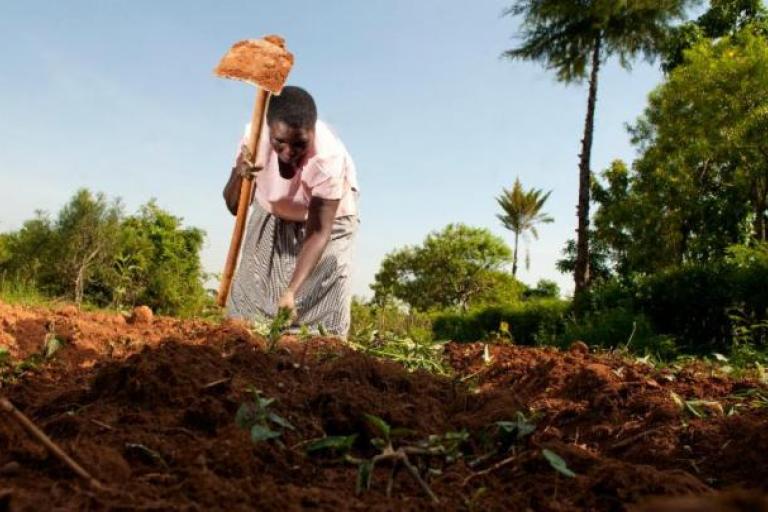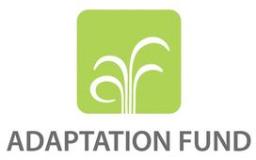

- Capacity Development
Project background
The Greater Horn of Africa is highly vulnerable to extreme weather and climate events that severely impact the region’s mostly rain-fed agriculture. The risks to rural agro-pastoral livelihoods from drought and floods are enormous. Persistent and deteriorating food and nutrition insecurity remain a major concern. The limited access to climate information and technical support to enhance agricultural productivity, as well as the inadequate funding for response and adaptation options, exacerbate the situation.
ACREI is a US$ 6.8 million project funded by the Adaptation Fund and implemented by the World Meteorological Organization (WMO) in partnership with the Food and Agriculture Organization (FAO) and the Intergovernmental Authority on Development (IGAD) Climate Prediction and Applications Centre (ICPAC).
Objective(s)
To improve adaptive capacity and resilience to current climate variability and change among targeted farmers, agro-pastoralists and pastoralist communities in the Horn of Africa. In the target countries, an estimated 30% of Uganda, 50% of Ethiopia, and 75% of Kenya are classed as either arid or semi-arid lands.
The objectives of the ACREI project are in line with the IGAD Drought Disaster Resilience and Sustainability Initiative (IDDRSI) programme, and with the overall vision of the African Ministerial Conference on Meteorology (AMCOMET), the inter-governmental body for the development of meteorology and its applications in Africa.
Outputs
The project is centered around three main components:
Component 1 - Community adaptation practice
- The Food and Agriculture Organization (FAO) of the United Nations leads this component and will be working in close collaboration with relevant regional institutions and government ministries. The component will facilitate community-based adaptation planning and ensure participatory extension services building on experiences from integration of climate information in Farmer Field Schools to link traditional mechanisms for assessing climate variability with localized down-scaled climate services and climate forecasts, analyzed historical climate information and assessments of local risks and vulnerabilities. Coupled with community investment financing, this approach will ensure that the knowledge gained is applied directly in the field.
Component 2 - Climate proofing of extension system
- FAO leads the second component with support from the Intergovernmental Authority on Development (IGAD), National Meteorological and Hydrological Services (NMHSs) and national governments. The component’s aim is climate proofing of existing agricultural advisory services in the target countries. Climate proofing highlights the risks and opportunities of climate variability and change at the project and community levels. The extension system enhances productivity in its application of new research in agricultural processes and practices through farmer education. Field interventions in each project area will be based on locally relevant weather and climate information rather than generalized information, currently the norm.
Component 3 - Climate-informed decision-making
- The IGAD Climate Prediction and Applications Centre (ICPAC) leads the third component with support from NMHSs for the provision of information for improved climate informed decision-making in regional, national and sub-national institutions. This component will establish a framework for the timely provision of down-scaled, location-specific climate forecasts and related information, and for their dissemination and use by farmers to make informed decisions about when, what, where and how to plant and manage land, crops, pastures, water, and preserve food and feed for later use as the season progresses.
Expected outcomes
- Sustainably enhanced productivity, production, livelihood diversification and income levels in 30 communities (est. 40 000 people) in Ethiopia, Kenya and Uganda
- Trained and engaged 1 800 farming households in sustainable and climate-smart agriculture
- Enhanced technical capacity of development and extension actors (national, sub-national, private sector, non-governmental organizations, CBOs) to support community level climate adaptation strategies
- Improved climate informed decision-making in regional, national and sub-national institutions
- Advanced biodiversity in crop and livestock production as a means of improving agro-ecosystem resilience to climate change and weather variability
- Region:
- Region I: Africa


